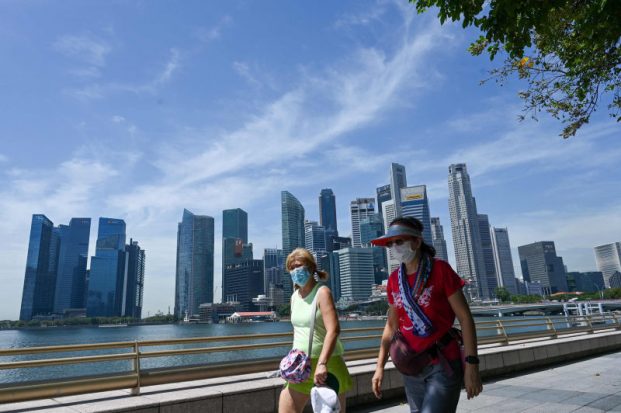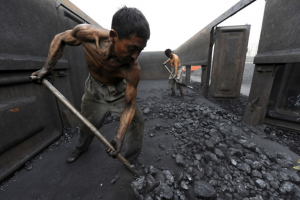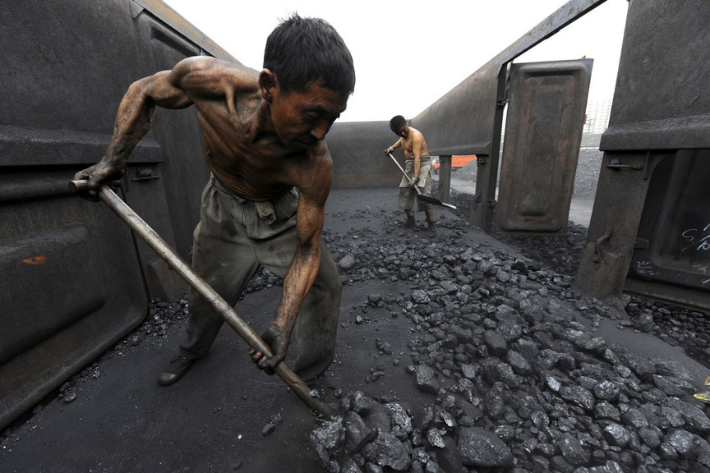Singapore’s headline prices rose by their fastest pace in nine years in February due to higher private transport costs, while core prices eased for the first time since June last year, official data showed on Wednesday.
Headline inflation rose by 4.3%, exceeding economists’ median forecast of 4.2%, according to a statement from the Monetary Authority of Singapore (MAS). That is the most it has risen since February 2013.
The core inflation rate — the central bank’s favoured price measure — rose to 2.2% in February on a year-on-year basis, a slight ease from the 2.4% in the prior month. A Reuters poll of economists had forecast a 2.5% increase.
The slight ease in core prices in February was due to lower inflation for services, food and electricity and gas, the MAS statement said.
Singapore officials expect the economy will continue to grow this year, but were ready to deploy more fiscal and monetary policy measures if a worsening Russia-Ukraine crisis impacts growth and inflation.
“Despite the slip in core inflation, we can expect price pressures to continue to build in the coming months as a result of the fallout from the ongoing war in Ukraine,” said Nicholas Mapa, an economist at ING Bank.
“Surging commodity prices across the board will find their way to consumer prices in Singapore,” he added.
GDP Growth Tipped at 3-5%
The government had projected gross domestic product to expand 3-5% in 2022. The forecast was provided before Russia’s invasion of Ukraine.
“Our baseline assumption and projection is still that we are still able to continue growing as an economy this year,” Singapore’s Finance Minister Lawrence Wong told a business forum.
“But you cannot rule out more adverse situations or scenarios where potentially we enter a recession, or we start to experience stagflation-like conditions,” he said.
“If things start to get worse in Ukraine and we see a huge impact on our economy or on inflation, we will certainly not hesitate to do more whether through fiscal or monetary policy to make sure that we keep the economy steady or stabilise prices,” he added.
Over the past two years, the government has committed close to S$100 billion ($73.6 billion) to cushion its people, businesses and the economy from the impact of the pandemic.
Tighter Policy Settings
MAS tightened its policy settings in January due to increased inflation pressures across the region. Many economists expect it to tighten policy again at its April review.
“With the impact of these recent developments likely to surface in March, we may need to brace ourselves for faster inflation in the near term,” Mapa said.
“With expectations for faster inflation down the line, we fully expect MAS to resort to additional tightening at the upcoming April meeting.”
Wong said the government was closely monitoring the impact of the crisis on the economy, but households, workers and business would start to see the benefits from measures announced in the February budget over the coming months.
He expects a labour shortage in Singapore to start easing as the country progressively reopens.
“I’m quite sure we will soon be able to open up for freer international travel and when that happens, it will be much easier for firms to bring in workers,” he said.
- Reuters, with additional editing by George Russell
























